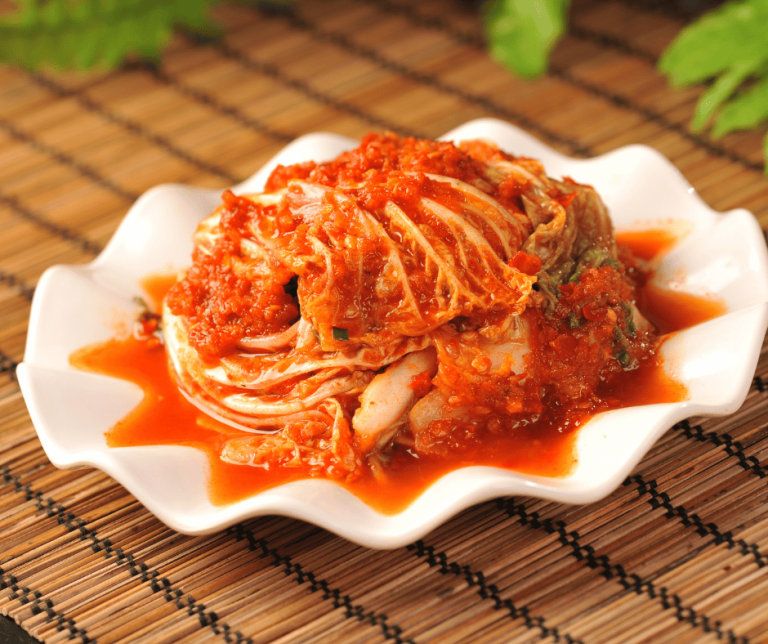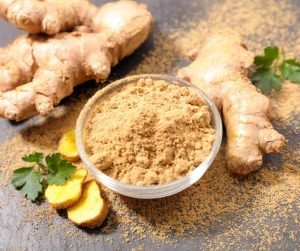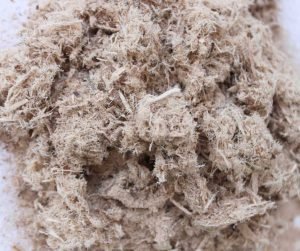
Poop & Weight Loss/Gain: How Your Bowel Health Impacts Your Scale
Your scale isn’t measuring fat — it’s measuring what your gut hasn’t let go of. Hidden stool retention, slow motility, and gut bacteria can quietly

Home » Natural Remedies for Gut Troubles: A Comprehensive Guide to a Healthier Gut
A healthy gut is the foundation of overall well-being. It plays a crucial role in digestion, immunity, and even mental health. In this comprehensive guide, we will explore the importance of maintaining a healthy gut and the prevalence of gut troubles. We’ll also delve into the top 10 natural remedies to promote gut health.
The gut, often referred to as the “second brain,” is a complex ecosystem of trillions of microorganisms, including bacteria, viruses, and fungi, collectively known as the gut microbiota. These microorganisms influence various aspects of our health, from digestion and nutrient absorption to immune system function and mood regulation. A healthy gut microbiota is essential for maintaining overall well-being.

In today’s fast-paced world, gut troubles have become increasingly common. Issues like bloating, indigestion, irritable bowel syndrome (IBS), and food sensitivities are on the rise. Many individuals seek natural remedies as a safer and more sustainable alternative to pharmaceuticals.

We will discuss 10 natural remedies that can help you maintain a healthy gut and alleviate gut troubles. These remedies include probiotics, prebiotics, fiber-rich foods, ginger, peppermint, chamomile, aloe vera, turmeric, fennel, and slippery elm. Additionally, we will explore lifestyle tips that support gut health.
Probiotics are live microorganisms, primarily beneficial bacteria, that provide numerous health benefits when consumed.
Probiotics help balance the gut microbiota by increasing the population of beneficial bacteria, which can improve digestion, boost immunity, and reduce inflammation.
Yogurt, kefir, sauerkraut, kimchi, and probiotic supplements are excellent sources of probiotics.
Prebiotics are non-digestible dietary fibers that serve as food for beneficial gut bacteria.
Prebiotics stimulate the growth and activity of beneficial bacteria in the gut, ultimately enhancing gut health.
Foods like garlic, onions, asparagus, and bananas are rich in prebiotics.
Dietary fiber aids in regular bowel movements, prevents constipation, and supports a healthy gut microbiota.
Whole grains, legumes, fruits, and vegetables are excellent sources of fiber and can contribute to a healthier gut.

Ginger contains compounds that can reduce inflammation in the gut, making it effective for soothing digestive discomfort.
Ginger stimulates digestive enzymes and helps with the emptying of the stomach, which can alleviate symptoms of indigestion.
Ginger can be consumed as ginger tea, added to smoothies, or used in cooking.
Peppermint has a relaxing effect on the muscles of the gastrointestinal tract, making it useful for alleviating symptoms of irritable bowel syndrome (IBS).
Peppermint tea, capsules, or essential oil can be used to ease digestive discomfort.
Chamomile has anti-inflammatory and soothing properties that can help reduce digestive irritation.
Chamomile tea can relax the digestive muscles and reduce symptoms of bloating and gas.
Aloe Vera has anti-inflammatory and healing properties that can soothe the digestive tract and promote gut healing.
Aloe Vera gel can be consumed in moderation or applied topically to the skin for digestive and skin health benefits.
Turmeric contains curcumin, a compound known for its powerful anti-inflammatory and antioxidant effects.
Turmeric can be added to curries, soups, smoothies, and even brewed into turmeric tea.
Fennel seeds contain compounds that can relax the digestive tract, reducing bloating and gas.
Fennel seeds can be chewed after meals, brewed as fennel tea, or added to recipes for flavor.

Slippery elm can be consumed as a tea, powder, or capsule, with dosages varying depending on the form.

A. Stress Management
Chronic stress can disrupt gut health. Managing stress through relaxation techniques, mindfulness, and adequate sleep can be instrumental in maintaining a healthy gut.
B. Adequate Hydration
Proper hydration is crucial for digestion and overall health. Drinking enough water supports the movement of food through the digestive tract and helps prevent constipation.
C. Regular Exercise
Exercise promotes a healthy gut by enhancing blood flow to the digestive organs and supporting the growth of beneficial gut bacteria.
D. Avoiding Trigger Foods
Identifying and avoiding foods that trigger gut troubles, such as processed foods, high-sugar items, and common allergens, can help prevent digestive issues.
A healthy gut is essential for overall well-being, and natural remedies can play a significant role in maintaining gut health. In this blog post, we’ve explored the importance of gut health and discussed 10 natural remedies, including probiotics, prebiotics, fiber-rich foods, ginger, peppermint, chamomile, aloe vera, turmeric, fennel, and slippery elm. Additionally, we’ve highlighted lifestyle tips for supporting gut health.
We encourage readers to consult with a healthcare professional for personalized advice on addressing gut troubles and optimizing their gut health. By incorporating these natural remedies and lifestyle changes, you can take proactive steps towards achieving and maintaining a healthier gut, leading to a happier and more comfortable life.

Your scale isn’t measuring fat — it’s measuring what your gut hasn’t let go of. Hidden stool retention, slow motility, and gut bacteria can quietly

Your poop is a real-time report card on your gut health—and most people are ignoring it. From color changes to weird shapes to the clues

Wheat isn’t the villain—it’s the kind of wheat that’s wrecking your gut. From ancient grains to modern hybrids, discover how today’s wheat triggers inflammation, worsens

Your gut isn’t just digesting food—it’s controlling your hunger, energy, and even how fast you burn fat. Inside you is a powerful hormone called GLP-1,

Happy Poops.
What about your friends?